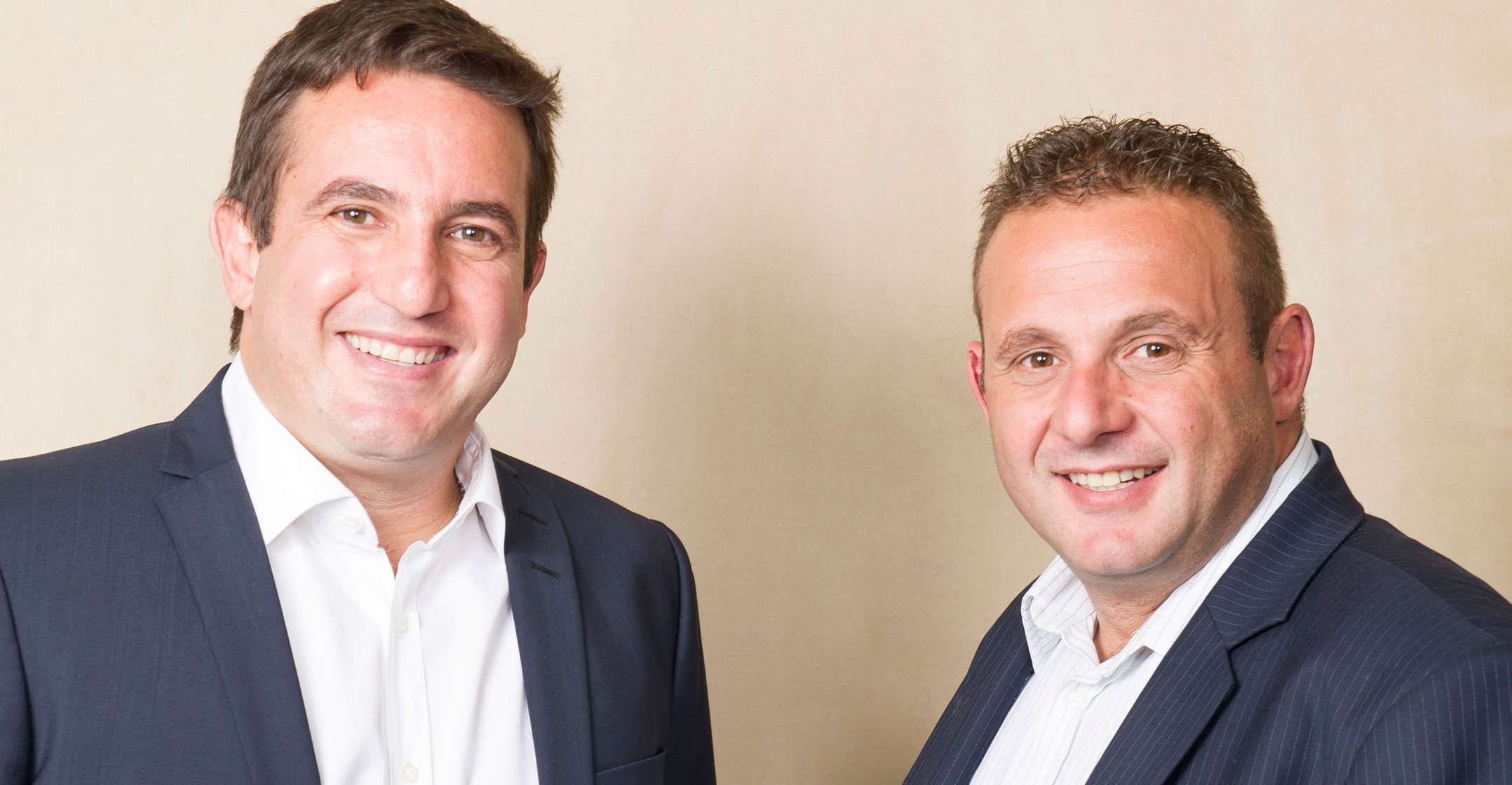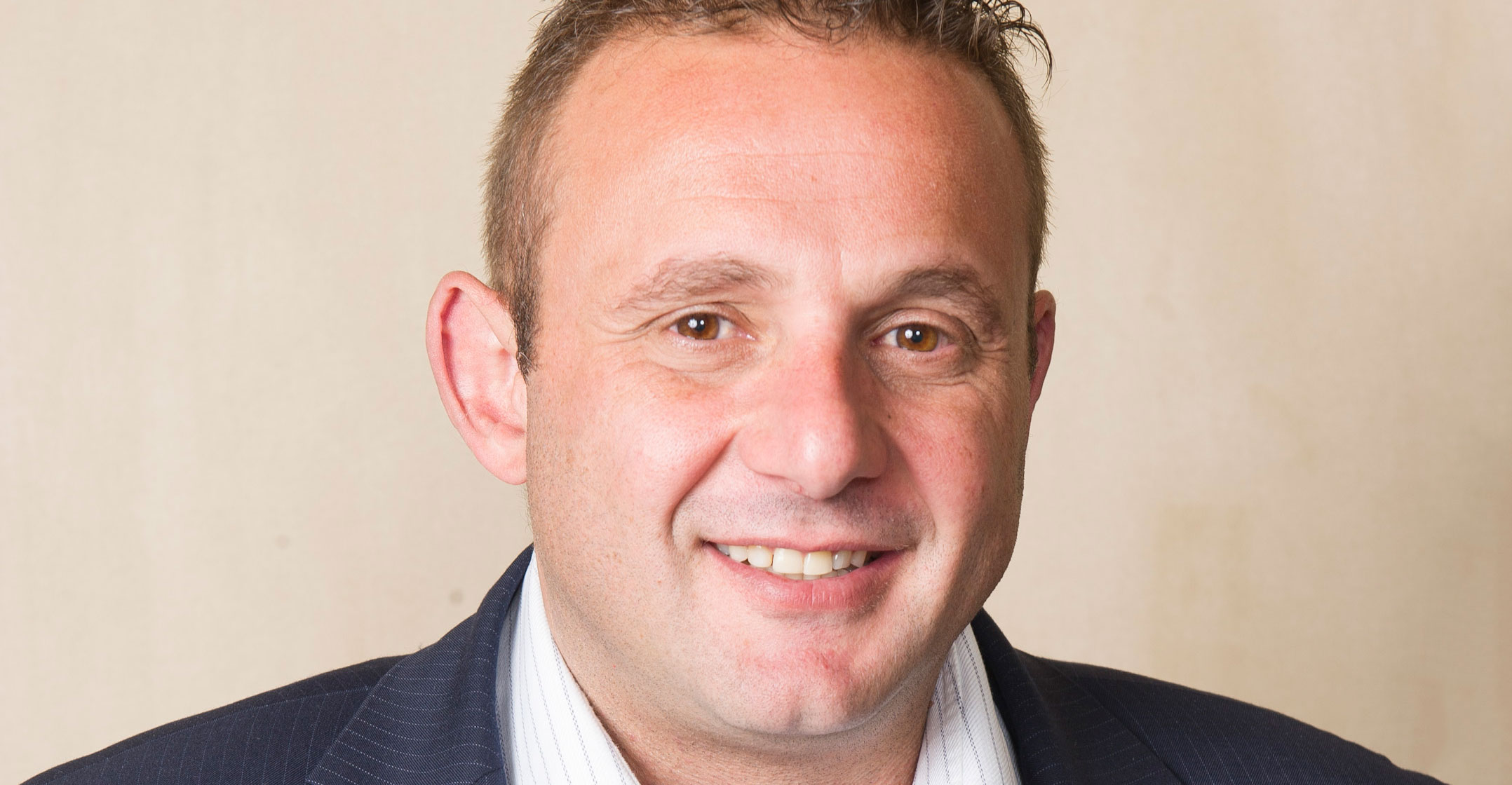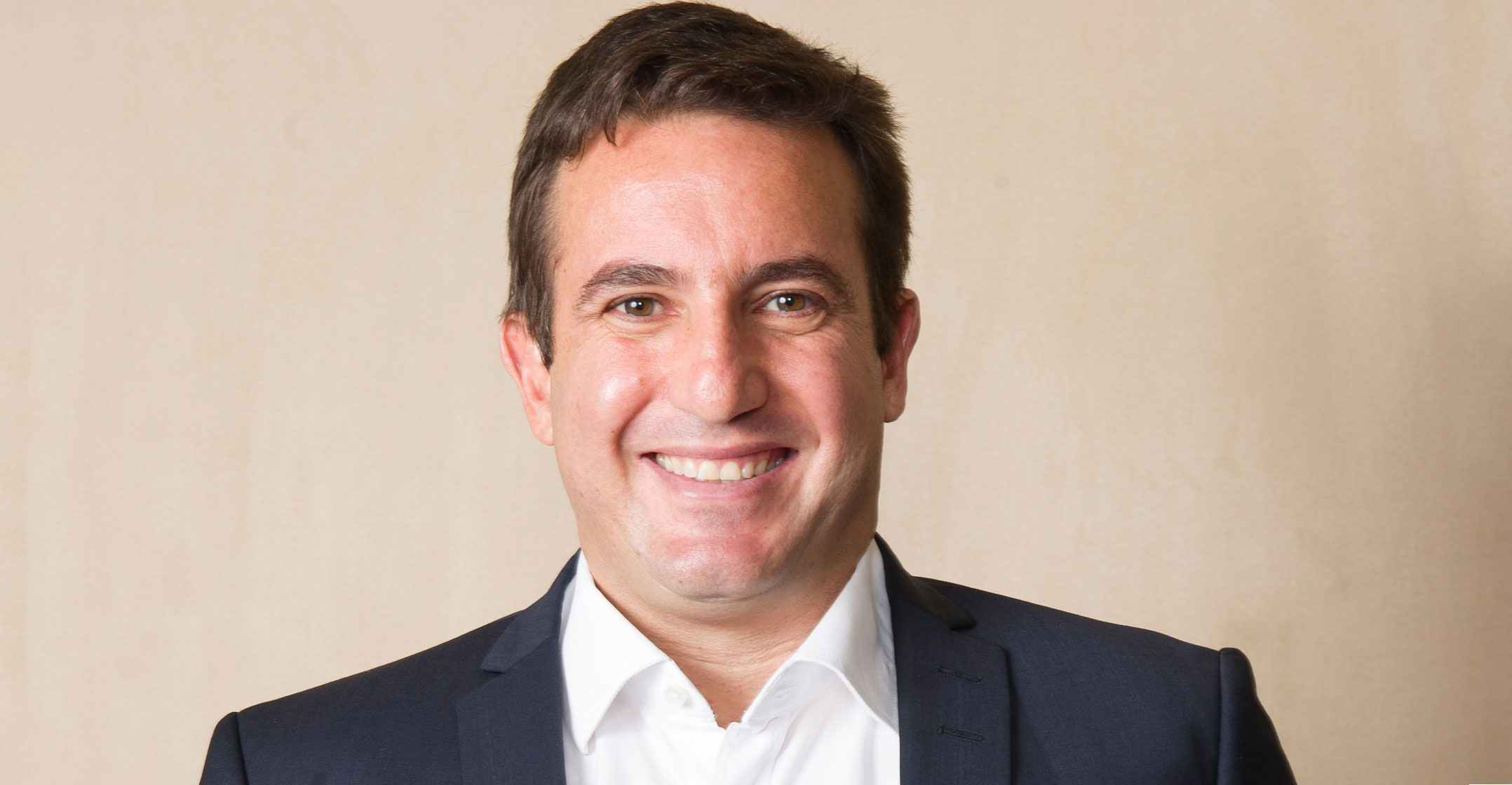
[dropcap]B[/dropcap]lue Label Telecoms’ planned R1.9bn acquisition of handset distributor 3G Mobile — parent of Comm Equipment Company — forms part of a plan by the JSE-listed company to get customers that already buy its products, including prepaid airtime, to spend more with it.
“If we could just get the same customers to buy more from us, we’d double our business,” said co-CEO Brett Levy in an interview with TechCentral late last week.
Hardware, he said, is a “great add-on” to Blue Label Telecoms and the 3G Mobile acquisition will enhance the group’s earnings.
Brett Levy and his brother, Mark Levy — the pair co-founded Blue Label and now run it as co-CEOs — have explained for the first time why the company is coughing up nearly R2bn for handset distributor 3G Mobile at the same time it is spending R5.5bn for 45% of mobile operator Cell C.
The two investments are very significant for Blue Label, with the combined value of the deals equating to 75% of the company’s market capitalisation.
“We are spending a lot of money — R7.5bn on Cell C and 3G — but everything fits together like pieces of a puzzle,” Brett Levy said.
“We have been mentioning to the market for last two or three reporting periods that Blue Label is looking very seriously into hardware. We see hardware as a great add-on to what we do,” he said.
Blue Label said last week that it and its wholly-owned subsidiary The Prepaid Company will acquire 3G Mobile from its shareholders Wild Rose Capital, Newshelf 1312, Malewell Investments, Investec Bank, Jonathan Beare and DBF Capital Partners. The shares in 3G Mobile will be acquired in two stages, with the initial acquisition by The Prepaid Company of 47.4% of 3G Mobile for R900m, subject to conditions, including the successful conclusion of a due diligence investigation. The remaining 52.6% will be acquired for R1bn.
Own brands
It’s not Blue Label’s first foray into hardware. The company already has its own brands, which it designs to meet the requirements of the local market and then orders from Chinese manufacturers. These low-end phones represent a big chunk of the South African market (the market is more than a million devices a year, according to the Blue Label). But the 3G Mobile acquisition gives Blue Label access to so-called “OEM brands” for the first time – brands such as Apple, Samsung, Huawei, ZTE, Hisense and Nokia – where prices, and margins, are higher.
3G Mobile operates in eight African countries, with offices in South Africa, Namibia, Botswana, Mauritius and distribution channels into Zambia, Zimbabwe, Swaziland and Lesotho. It reported a net profit after tax in the year ended 31 December 2016 of R248m, after adjusting for non-recurring expenditure. It will have a tangible net asset value of at least R1bn at the time the deal is expected to go through, Blue Label said.

With the acquisition, Blue Label will house its hardware businesses under one roof with a presence in eight countries in Southern Africa, Brett Levy said. More importantly, he said, it gives the company access to a handset financing business with potential for significant growth. Already, 3G Mobile, through Comm Equipment Company, does much of the financing of handsets for Cell C.
“What this company does is it offers credit that extends to consumers but it uses the scorecard of the retailer giving the credit,” he explained.
“The real idea here is to extend products much further into the consumer base. It could be a phone, a tablet, a decoder or a TV; anything that is electrical. We are building a massive finance house that deals with out-of-the ordinary financing… We can offer you a phone, with ‘x’ starter pack and ‘x’ financing plan,” he added.
Levy emphasised that Blue Label will not be taking consumer debt onto its books. “We are not a micro lender. We are using scorecards that already exist, where the risk sits behind us, not with us. We are the mechanism of how to get credit to the market. We control the whole thing for you, but when it goes bad we get paid our money. We don’t make scorecards. Rather, we control the whole process from the scorecard to the consumer. We facilitate the process.”
The brothers believe there is big opportunity for growth given that 3G Mobile has only about 5% of the OEM market. The bulk of the market is owned by the mobile operators, but they “aren’t so concerned about the hardware device. They are more concerned the Sim card gets connected to the device. The opportunity lies with the retailers doing deals with the networks,” Mark Levy said.
New markets
Levy added that 3G Mobile gives Blue Label access to markets in Southern Africa where it doesn’t currently operate. It can now sell its content and data services into those markets. “There is so much product we can now leverage,” he said. “Nothing here is being done to reinvent the wheel: everything is about increased distribution, increased product range and increased choice for consumers.”
He believes there is a similar opportunity to “up-sell” such services to Cell C customers.
“Cell C was an asset under pressure. Like most assets with highly geared balance sheets, you pay off debt for the rest of your life. Cell C, with a restructured balance sheet, will see a much more vibrant company,” he added. Under a planned recapitalisation of Cell C, the operator’s debt will be reduced to less than R6bn, from north of R20bn now.

“Most of the smaller operators give a better margin [to airtime distributors like Blue Label], so you protect the margin you are receiving. We don’t think we will be disintermediated by the operators, but [with the Cell C deal we] have eliminated that entirely,” Levy said.
He emphasised that Blue Label will continue working with all the networks, including Vodacom and MTN. Some analysts have raised concerns that those operators would feel uncomfortable about working with a company that owns a significant stake in one of their competitors, but the Levy brothers have consistently played this down, saying they will continue serving them all equitably. “We will continue supplying all the networks. We have no intention of breaching contracts,” said Mark Levy.
He also downplayed fears that Cell C will have to invest significantly in network infrastructure to compete with Vodacom and MTN, thereby undermining the investment case.
“Cell C wants a data-centric network focused on urban areas,” he said. “They can spend their money more wisely [than rivals]…”
He said it is important that Cell C grows earnings before interest, tax, depreciation and amortisation — a measure of operational profitability — faster than it grows capital expenditure. — © 2017 NewsCentral Media

